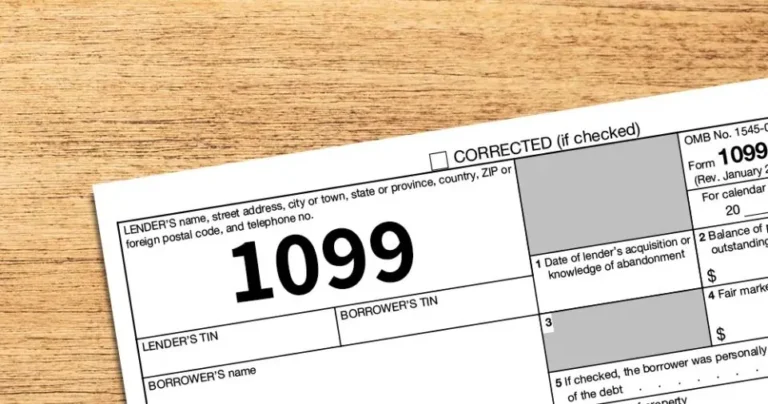If you operate a Limited Liability Company (LLC), you might wonder whether you need to issue or receive a Form 1099. Understanding the requirements and exemptions associated with Form 1099 is crucial for ensuring compliance with tax regulations. Let’s delve into what Form 1099 is, who needs it, and other relevant details.
What is a 1099?
A Form 1099 is an IRS document used to report various types of income received by individuals and entities other than wages, salaries, and tips. There are several types of Form 1099, each corresponding to different sources of income.
1099 Requirement
The requirement to issue or receive a Form 1099 depends on the type and amount of income involved. Generally, if you make payments of $600 or more to a person or entity for services rendered or rent during the tax year, you are required to issue a Form 1099 to report those payments to the IRS and the payee.
Exemptions from 1099 Requirement
While the $600 threshold is a general guideline, there are exceptions and exemptions to the Form 1099 requirement. For instance, payments made to corporations (except for payments to attorneys) are usually exempt from the reporting requirement. Additionally, payments for merchandise, utilities, and other items are generally not reportable on Form 1099.
1099 Tax Forms
There are various types of Form 1099, each designated for specific types of income. Some common types of Form 1099 include:
1099-NEC
The 1099-NEC (Nonemployee Compensation) form is used to report payments of $600 or more made to nonemployees, such as independent contractors, freelancers, and vendors, for services rendered.
1099-MISC
The 1099-MISC form is used to report miscellaneous income, including rents, royalties, prizes and awards, and other types of income not covered by other 1099 forms.
1099-INT
The 1099-INT form is used to report interest income of $10 or more earned from various sources, such as bank accounts, savings accounts, and investment accounts.
1099-DIV
The 1099-DIV form is used to report dividends and distributions received from investments, such as stocks, mutual funds, and exchange-traded funds (ETFs).
Filing 1099
If you are required to issue Form 1099, you must provide a copy to both the payee and the IRS. The deadline for furnishing Form 1099 to recipients is typically January 31st following the end of the tax year. Additionally, you must file the forms with the IRS by the applicable deadline, which is usually the end of February if filing by mail or the end of March if filing electronically.
Frequently Asked Questions
Q: Does an LLC need to issue Form 1099?
A: If the LLC makes payments of $600 or more for services rendered or rent during the tax year to nonemployees, it generally needs to issue Form 1099-NEC.
Q: Are there exemptions from the Form 1099 requirement?
A: Yes, payments made to corporations (with some exceptions) and payments for certain types of goods and services are typically exempt from the Form 1099 reporting requirement.
Q: What is the deadline for issuing Form 1099 to recipients?
A: The deadline for furnishing Form 1099 to recipients is typically January 31st following the end of the tax year.
Understanding the requirements and exemptions associated with Form 1099 is essential for LLCs and other entities to fulfill their tax reporting obligations accurately and timely. Compliance with Form 1099 regulations helps maintain transparency and accountability in financial transactions.







